Budget 2025-26: Time to Make Public Procurement Work for Bangladeshi Manufacturers
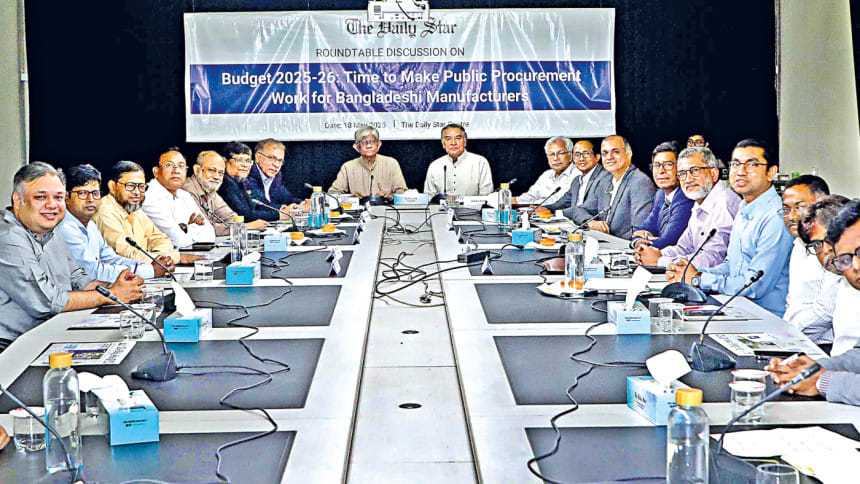
The Daily Star organised a roundtable titled "Budget 2025-26: Time to Make Public Procurement Work for Bangladeshi Manufacturers" on May 18, 2025. Here is a summary of the discussion.
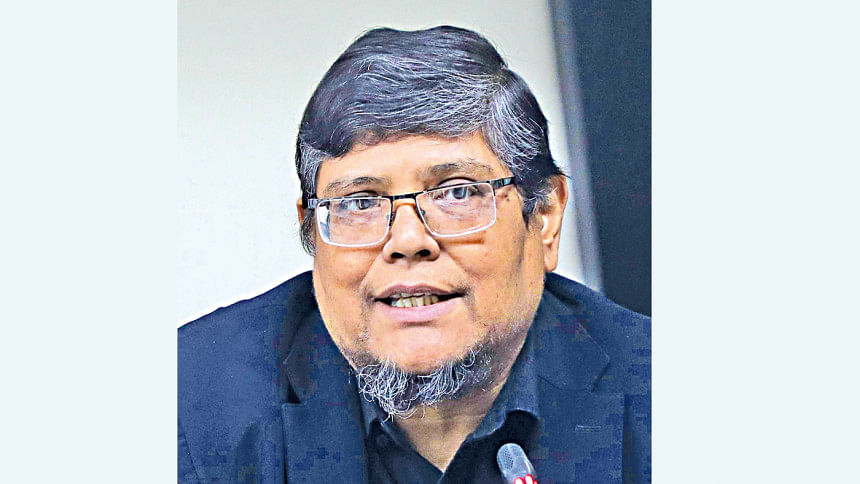
Md. Faruque Hossain,
Former Secretary, Government of Bangladesh and Procurement Policy Consultant
Public procurement in Bangladesh has several defining features: the type of tender (local or international), the procurement category (goods, works, intellectual or physical services), and whether it is government-funded or supported by development partners. The criteria are set by the procuring entity, not the Bangladesh Public Procurement Authority (BPPA). However, if any deviation or manipulation originates from these entities, the private sector often seeks redress from the BPPA.
BPPA is mandated to support procuring entities with legal and technical advice and to clarify what is permissible under the rules. However, it frequently avoids responsibility, offering vague guidance. If BPPA exercised its authority to provide clear, authoritative decisions, many issues could be addressed more effectively.
BPPA also encourages local participation by allowing SMEs and women-led businesses to compete in RFQ and LTM tenders. There are provisions for small firms to form Joint Ventures (JVs) to build capacity. Yet, manipulation remains common. Procuring entities sometimes set standards that exclude local firms, even rejecting bids that meet 99.9% of requirements for a 0.1% shortfall—revealing a systemic bias towards foreign products. To prevent such practices, BPPA must take a stronger, more proactive role in enforcement and oversight.
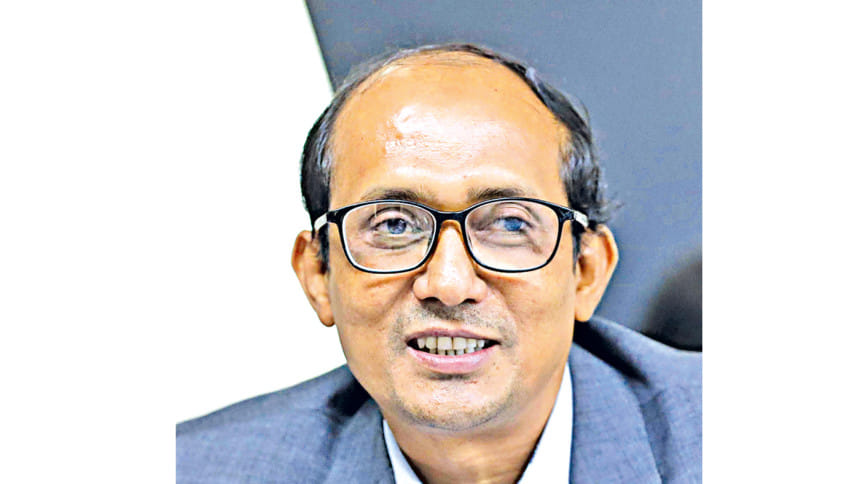
Md. Ziaul Alam FCA,
ACA (ICAEW), Additional Managing Director & Chief Financial Officer, Walton Hi-Tech Industries PLC.
Walton now exports electronic and electrical products to over 40 countries, maintaining strict adherence to product specifications and international standards. Yet, it is regrettable that we are deemed ineligible in government procurement.
The Public Procurement Act (PPA) emphasises industrial growth, job creation, and domestic value chain development. It also clearly prohibits referencing specific trademarks, brands, countries of origin, or suppliers in the technical specifications of tender documents.
However, the Public Works Department (PWD) uses a rate schedule that divides products into Category A and Category B. Category A explicitly names countries such as South Korea, Japan, Malaysia, Taiwan, Thailand, the US, and the UAE, applying different pricing standards. Despite being listed in Category B and submitting lower bids, we are frequently overlooked in government tenders.
An outdated clause in the PPA requires 65 years of lift manufacturing experience—automatically disqualifying many local firms, even though Bangladesh itself is just over 50 years old. If local companies like ours are allowed to compete under fair specifications, we can meet international quality standards. We are open to collaboration with the PWD to improve further. If our products conform to US standards, why should we still be relegated to Category B?
Granting us fair access would help retain national revenue, boost employment, raise GDP, and support industrial growth. We have no objection to complying with strict quality requirements; we simply seek a fair opportunity to compete in government procurement.
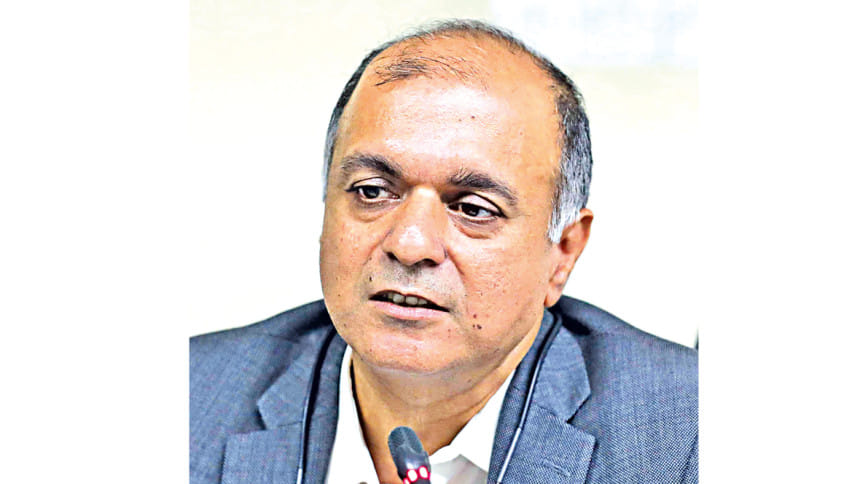
Aameir Alihussain,
Managing Director, BSRM
In Bangladesh, procurement processes vary, including those under government-to-government (G2G) agreements tied to loans or funding terms. These often include clauses such as duty-free import of project materials. In sectors like steel, project documents may either grant duty-free status or require the implementing authority to pay duties, which are ultimately added to the project cost. As a result, contractors prefer duty-free imports—even when local alternatives are available—hurting domestic industries.
Duty-free imports should not be allowed when quality local materials are available. In foreign-funded projects, supplying local materials qualifies as deemed export with full VAT and tax exemptions under VAT rules. However, discrepancies remain, as income tax rules do not align—banks often deduct source tax and do not treat proceeds as export earnings. This inconsistency requires urgent coordination between VAT and income tax authorities.
Another critical issue is the lack of protection for local suppliers. In the Rooppur Nuclear Power Plant project, despite approval after foreign testing, we were left unpaid when a foreign subcontractor exited the country. Local suppliers need protection through mandatory bank guarantees or securities in such contracts.
Additionally, frequent replacement of project directors disrupts implementation and handover. Lastly, enforcing Bangladesh Standards (BDS) in all projects is essential to prevent inconsistency—whether in demanding Japanese or American standards. BDS reflects our local context, including seismic safety, and should be made a contractual requirement to ensure fairness, quality, and wide participation across sectors.
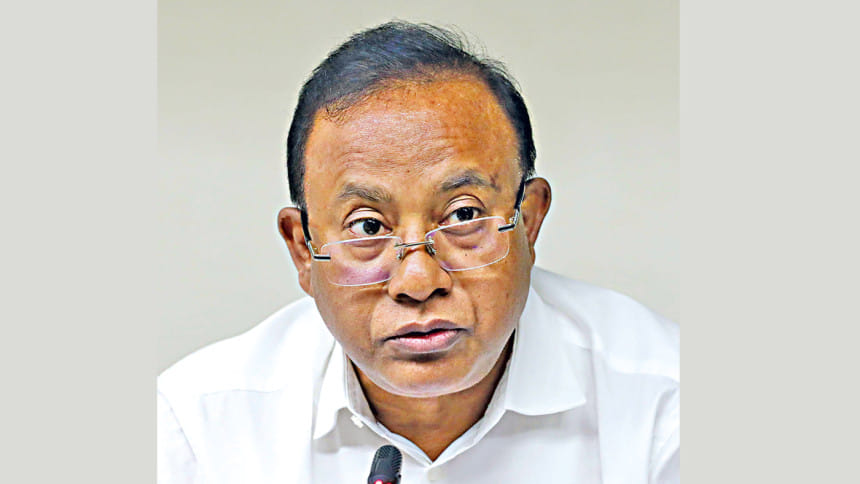
Md. Shamsuddoha,
Additional Chief Engineer, Public Works Department, Ministry of Housing and Public Works
The Category A and B classifications are indeed outdated. Our department is nearly 200 years old—when these rules were set, there were no local lift manufacturers. Yet, this practice continues today.
If Walton or PRAN-RFL comply with the standards, we are open to working with them. The 65-year experience rule for lift suppliers is outdated and currently under review. It is time we engage local companies and set realistic, inclusive criteria.
Walton lifts are currently undergoing trials at the Secretariat, and their successful performance could pave the way for wider adoption. However, Development Project Proposals (DPPs) often specify particular foreign brands, and once these are approved by the Planning Commission, revisions become nearly impossible. This entrenched mindset needs to be reformed.
BSTI enforcement is also weak. New rod manufacturers frequently enter the market, offering lower prices but compromising quality. BSRM's higher cost reflects their standards, yet contractors often choose the cheaper option.
Public procurement can promote jobs and innovation if DPPs include criteria for tender standards, worker skills, and contractor qualifications. Supporting local bidders in international tenders will enhance technology transfer and industry capacity.
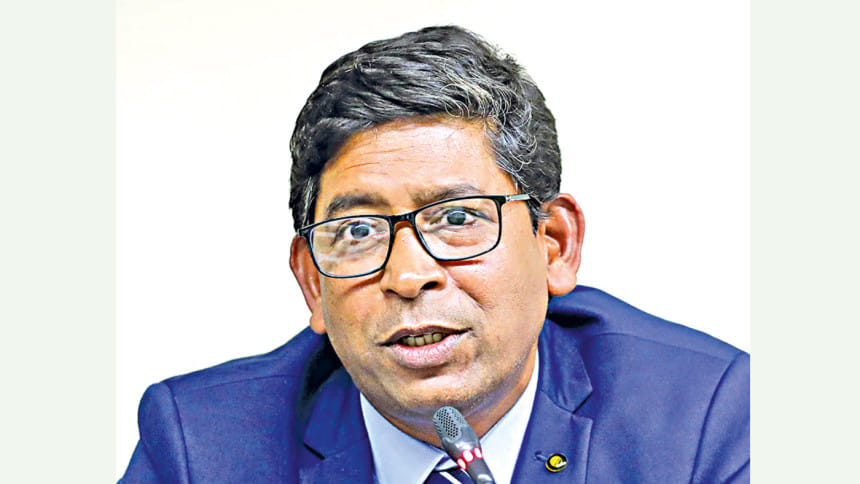
Rathendra Nath Paul,
Managing Director, RFL Group
We also produce electronic products under the Vision brand. I fully support the recommendation that tender documents avoid brand names—product quality should be the primary criterion when assigning categories.
Regarding enlistment and evaluation, we supply around 50 products to the Military Engineer Services (MES), yet fewer than 10 are enlisted with PWD. MES follows strict evaluation procedures—if they approve our products, why can't PWD? I urge PWD to update their evaluation criteria and actively engage local manufacturers. For example, when lift safety standards were set, I'm unsure how much input came from domestic producers.
While safety concerns are valid, companies like PRAN-RFL—with a brand value of $3–4 billion—would never compromise on quality. Lift products make up just 1% of our business, but a single accident could damage the rest. PWD can trust our quality—updating criteria will allow more inclusive participation.
We also manufacture construction materials. Dredging used to rely on imported metal pipes and floaters. Now, our plastic alternatives have replaced them—but it took five years of effort, including securing separate tenders for machines and pipe systems. Even then, vested interests tried to discredit us, allegedly organising fires to claim plastic is unsafe. We've created nearly 2,000 jobs supplying these components and could do more if supported.
On international bids, outdated experience requirements compel us to hire costly foreign consultants, raising project costs. Recognition of our contributions—like in the Padma Bridge—should not be denied simply because we were subcontractors. If local companies were engaged as nominated subcontractors, we could build stronger credentials.
Our sector has grown immensely. The government should visit local factories to witness our capabilities. PRAN-RFL alone can invest $100 million immediately. At least 20 other companies are ready to invest in national projects. Procurement rules must evolve to support local industry growth and reduce dependence on imports.
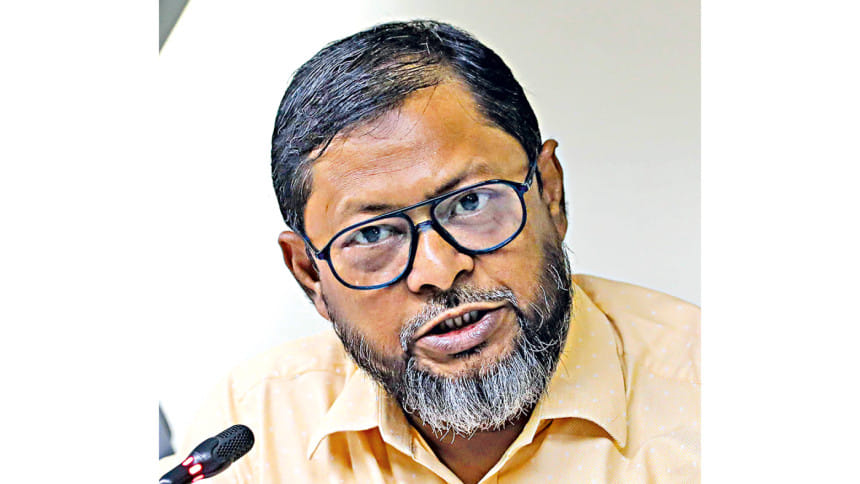
Md. Mizanur Rahman Mamun,
Director, Finance & Accounts, HATIL
I would like to highlight concerns regarding the continued use of wooden products in government procurement. Despite policies against deforestation, many tenders still specify hardwoods like mahogany and segun (teak), contributing to illegal logging and threatening our shrinking forest reserves. The government should actively promote sustainable alternatives such as plywood and engineered boards.
Procurement should also be done directly from manufacturers rather than individual retailers, which would lower costs, ensure better quality, and avoid the double payment of VAT—currently a common inefficiency.
Furthermore, there must be clearly defined compliance criteria with a transparent scoring system to prevent the exclusion of eligible firms that incur higher compliance costs. Many government procurement procedures remain unnecessarily complex, delaying supply chains and discouraging participation. Simplifying these processes and improving ease of doing business are essential for fostering fair competition and supporting local industries committed to environmental responsibility and quality standards.
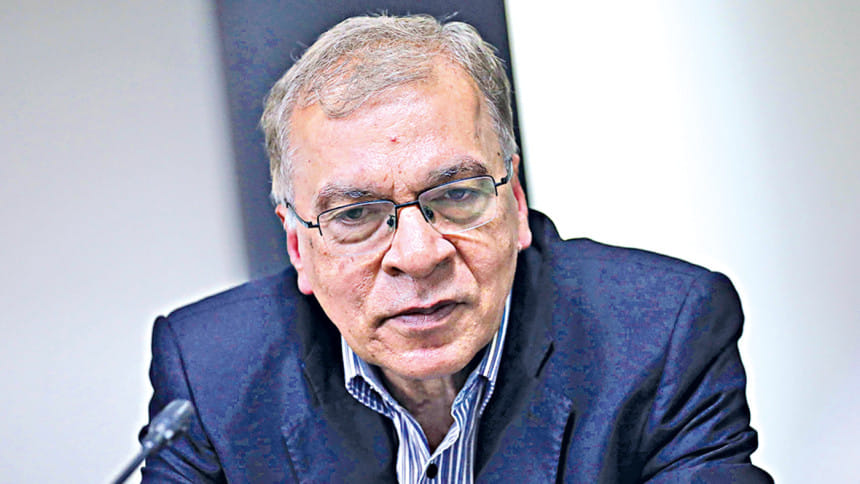
Iftekharuzzaman,
Executive Director, Transparency International Bangladesh
Public procurement in Bangladesh amounts to roughly BDT 30 billion, yet an estimated 27% of contract value is lost to corruption. Despite its scale, policy support for local industries remains inadequate.
The Electronic Government Procurement (e-GP) system, launched in 2011, aimed to ensure open competition, reduce costs, and enhance quality. While it has broadened access for smaller vendors, its impact has been limited.
From 2012 to 2024, data from 6,914 procurement entities across 66 ministries show that 666,474 contracts were awarded to 52,837 bidders, totalling BDT 596,921 crore—mostly medium-sized contracts. The highest e-GP contract was worth BDT 881 crore, though most large contracts remain outside e-GP. The average contract value is BDT 25 crore, with only 72 exceeding BDT 100 crore.
More troubling is the concentration of contract awards. Ten ministries, including Housing, Roads, Power, and Education, account for 62% of contract value, with just 5% of bidders winning most contracts. In many cases, 60–94% of contracts are awarded to a few firms, reinforcing politically connected monopolies. This pattern is evident in city corporations like Dhaka and Chattogram, where political changes shift top bidders, yet favouritism persists.
To address this, several reforms are necessary. First, procurement rules must ensure all contracts—except those internationally funded—are included under e-GP. Second, laws should bar government officials from direct or indirect business with the state. Joint ventures often involve overlapping ownership, enabling market dominance.
The BPPA must strengthen its supervisory role and introduce legislation enforcing Beneficial Ownership Transparency. This would require identifying real owners through a registrar—standard in many countries but absent in Bangladesh. Despite adopting most UN anti-corruption commitments, Bangladesh still lacks laws targeting private sector corruption. Bribery in private transactions must be criminalised.
Market concentration must also be addressed. While supporting local manufacturers is vital, it must occur within a competitive and corruption-free environment. BPPA should consider capping market dominance, as some procurement entities award 100% of contracts to a single firm.
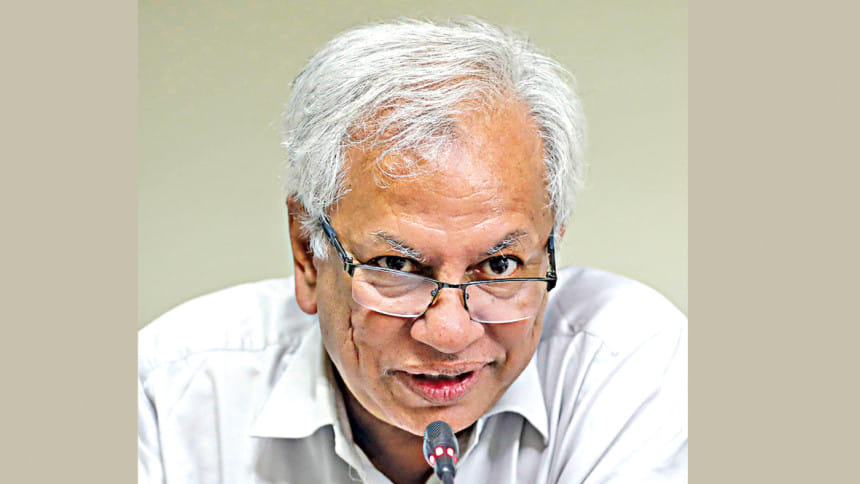
Prof. Dr. A. K. Enamul Haque,
Director General, Bangladesh Institute of Development Studies (BIDS)
As Bangladesh nears LDC graduation, with an economy comparable to Malaysia and approaching that of Norway, reforming outdated rules and regulations is vital. One major concern is the misuse of joint ventures (JVs), many of which serve as fronts for money laundering. Some well-known JVs are essentially fake companies created to channel bribes. Instead of encouraging such arrangements, we must focus on strengthening domestic firms to improve competitiveness.
The Bangladesh Competition Commission, created to ensure market fairness, remains ineffective due to legal gaps that prevent oversight of government procurement. A single authority like BPPA cannot guarantee fairness. A quasi-judicial body with legal authority, such as the Competition Commission, is better suited to regulate procurement with High Court appeal options.
Our procurement system lacks transparency. For instance, at BIDS, national brands like Walton were excluded due to rigid PWD criteria. Cost estimates are often inaccurate—actual costs may be four to ten times higher, not always from corruption but from inefficiencies. Frequent design changes, such as relocating utility pillars, inflate costs within the project budget.
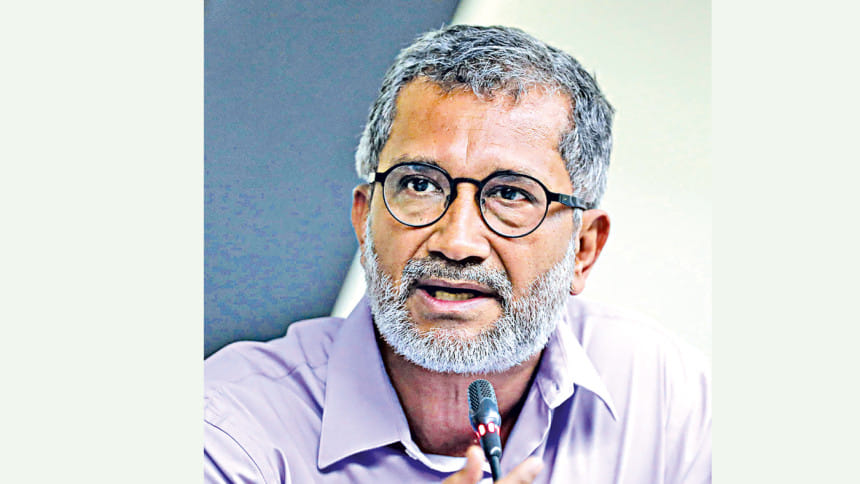
Shoeb Ahmed Masud,
Former Vice President (Admin), BASIS
Recent amendments to the Public Procurement Act (PPA), mandating the inclusion of local firms in joint ventures (JVs) for IT services funded by the government, represent a positive shift. This allows local firms greater participation in a space previously dominated by foreign providers, reducing overreliance on external sources.
However, further clarity is required. JV eligibility criteria—whether limited to software firms or broader categories—must be explicitly defined. Guidelines on local manpower engagement should also be outlined, as much of the work continues to be outsourced. Ensuring local participation would better uphold the intent of the reform.
The amendment currently applies only to government-funded procurements, yet many IT purchases are included in Development Project Proposals (DPPs) as part of broader "works" packages. Separating software components could ensure benefits reach the local industry.
India offers useful lessons—its procurement manual offers local firms and SMEs preferential terms: free tender documents, no earnest money, 45-day payment guarantees, and special appeal mechanisms. These could be adopted in Bangladesh.
SMEs producing IoT devices also face import and payment barriers. Simplifying customs and financial procedures would promote growth. Moreover, large infrastructure projects using digital technologies should include local assembly clauses to foster backward linkages and industrial development.
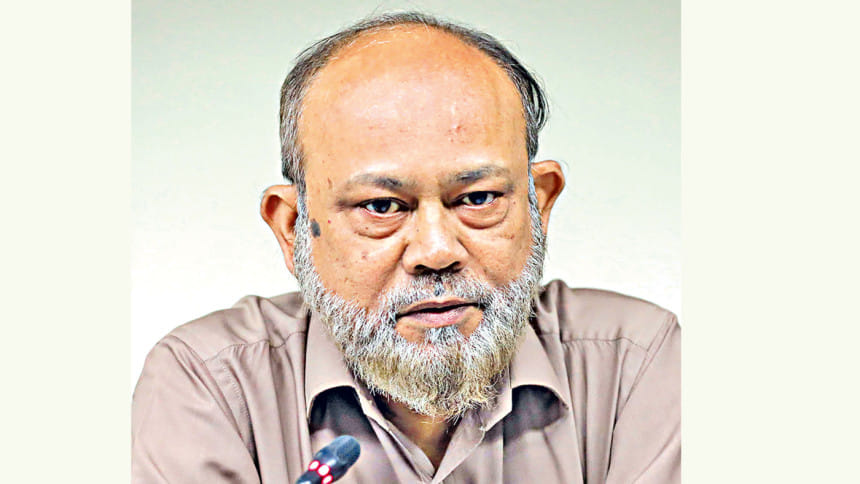
Farooq Ahmed,
Additional Secretary (Development Wing-2), Ministry of Housing and Public Works
Our key objective is to explore how local manufacturers can be more actively engaged in public procurement. Over 80% of our ADP disbursement involves procurement, so prioritising local industry is crucial.
Companies like PRAN, BSRM, and Walton now have expert manpower and factories equipped with advanced technology, and they contribute significantly to foreign earnings. Yet, a bias towards foreign products still exists. We must shift this mindset and reform regulatory policies under the PPA and PPR (Public Procurement Rules) to better accommodate local firms.
Procurement specifications and standards must be inclusive while upholding quality. Transparency, value for money, and fair competition are essential. We aim to incorporate today's recommendations into future legal reforms to boost efficiency, ensure proper resource use, and curb corruption and wastage.
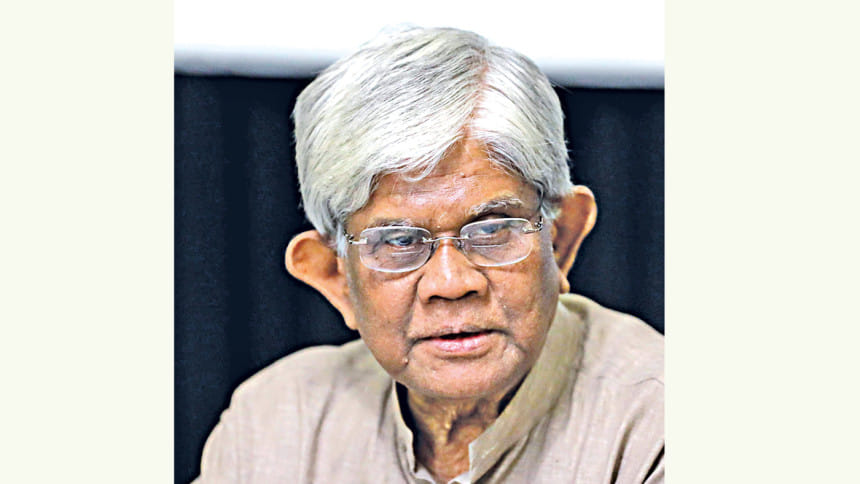
Dr. Salehuddin Ahmed,
Adviser, Ministry of Finance
Procurement is essential to ensuring quality and value for money in public projects. Inefficiencies lead to cost overruns, poor outcomes, and waste. Procurement spans goods, works, and services, and while Bangladesh produces quality goods—like electronics—we still often import due to a lingering bias favouring foreign products. We are working to change this by reforming the Public Procurement Rules (PPR), including removing illogical provisions such as disqualifying bids that deviate more than 10% from the estimated cost.
This rule, for instance, could exclude a BDT 4 crore bid on a BDT 10 crore estimate—discouraging competition. We must also strengthen standards and institutions like BSTI.
Consultancy and service costs are another challenge. In one case, a BDT 7 crore construction budget had a BDT 10 crore consultancy fee.
Oversight is critical to prevent anomalies in joint ventures, inflated equipment costs, and fake assembly practices. Open tender syndication—such as identical sugar bids—undermines fairness. Stricter enforcement is needed.
Procurement occurs both directly and via government-to-government (G2G) deals. Though G2G can be more reliable, problems arise when contracts are handed to private firms. In donor-funded projects like the $800 million Bay Terminal, foreign agencies impose procurement conditions. For example, JICA managed procurement for metro rail and the third terminal, using their own strict standards, often excluding Bangladeshi firms.
We aim to raise our standards like South Korea once did. Korea, now highly industrialised, offers soft loans—unlike more expensive IBRD or OCR loans.
In procurement, preparedness is vital. Often, we're not ready when a project is approved. Appointing a Project Director can take six months—delays that cost us in commitment charges.
We must prioritise quality and healthy competition in the private sector. Regulation alone is not enough—implementation and intent matter most. With modernised PPR, e-GP, and digital platforms, corruption should decline.
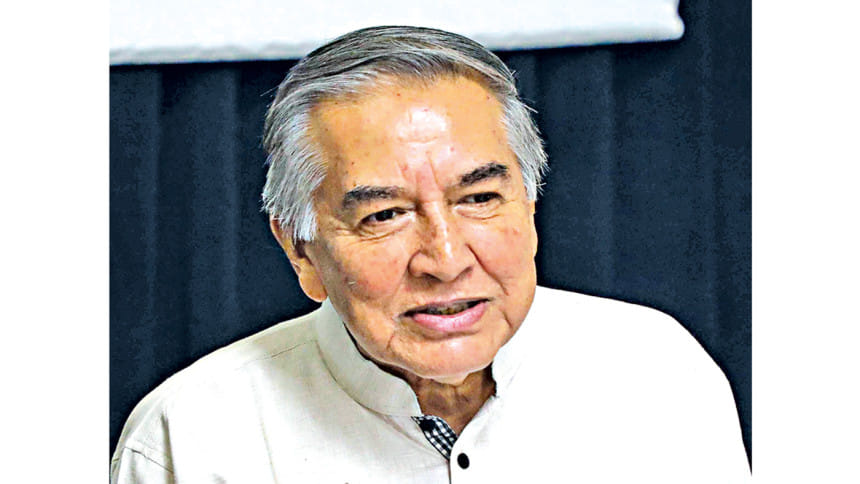
Mahfuz Anam,
Editor & Publisher, The Daily Star
Bangladesh's procurement volume is estimated at BDT 30 billion—a key driver of national growth. As our industries mature, procurement rules must be updated. Historically, standards favoured foreign firms due to quality concerns, but many local products now match or surpass global competitors. Yet, outdated provisions still rank Bangladesh in lower categories, while countries like Japan and Korea are placed in 'A'. Our industries deserve that status too. We must overcome this inferiority complex and decolonise our mindset. The interim government can resolve many of these smaller yet impactful issues.
Take Walton—exporting to over 40 countries—yet still not recognised fully at home. We must acknowledge that Bangladeshi companies now operate at a global level. Changing this mindset is essential for inclusive national progress.
Tanjim Ferdous, in charge of NGOs and foreign missions at The Daily Star, moderated the discussion.
Recommendations
- Bangladesh Public Procurement Authority (BPPA) must ensure procuring entities set unbiased criteria and provide fair access to local manufacturers in government procurement.
- Local companies should be given priority when they meet all quality standards and product requirements.
- The procurement provisions related to the Electronic Government Procurement (e-GP) system must be overhauled to promote fair competition and curb corruption.
- BSTI must be strengthened for expanding institutional capacity and better quality control.
- When local construction materials are available, duty-free import must not be allowed for any project.
- Enforce Bangladesh Standards (BDS) in all projects to ensure consistency, fairness, and national relevance.
- Avoid brand names in tender documents and prioritise product quality as the primary criterion for category assignment.
- Procurement rules must ensure all contracts—except those internationally funded—are included under e-GP
- The Bangladesh Public Procurement Authority (BPPA) must strengthen its supervisory role and introduce legislation enforcing Beneficial Ownership Transparency.
- Ensuring ease of doing business must be a priority to make procurement more inclusive for local manufacturers.

 For all latest news, follow The Daily Star's Google News channel.
For all latest news, follow The Daily Star's Google News channel. 



Comments